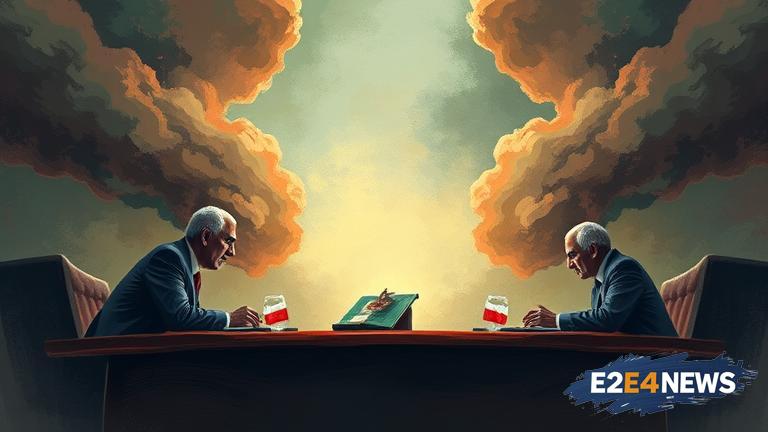Iran has recently indicated its readiness to reengage in nuclear negotiations, provided it receives assurances that no further attacks will be launched against it. This development comes after a series of incidents and heightened tensions in the region. The Iranian government has been clear about its desire to find a peaceful solution to the ongoing nuclear dispute. However, it has also emphasized the need for concrete guarantees that its national security will not be compromised. The international community has been urging Iran to return to the negotiating table, and this latest statement is seen as a positive step in that direction. Despite the challenges and complexities involved, diplomats and leaders from various countries have been working tirelessly to facilitate a breakthrough in the talks. The Iranian nuclear program has been a subject of intense debate and concern globally, with many fearing its potential military applications. Iran, on the other hand, maintains that its nuclear activities are solely for peaceful purposes, such as energy production and medical research. The country has faced significant economic sanctions and diplomatic isolation due to its nuclear ambitions, which has had a profound impact on its economy and the lives of its citizens. As the situation continues to evolve, the international community remains hopeful that a negotiated settlement can be reached, one that addresses the concerns of all parties involved while also respecting Iran’s rights as a sovereign nation. The role of major world powers, including the United States, Europe, and China, will be crucial in shaping the outcome of these negotiations. Their ability to provide the necessary assurances and incentives will likely influence Iran’s decision to move forward with the talks. Meanwhile, regional players, such as Saudi Arabia and Israel, have their own set of concerns and interests, which must also be taken into account. The path ahead will undoubtedly be fraught with challenges, but the willingness of Iran to engage in dialogue offers a glimmer of hope for a peaceful resolution. It is imperative for all stakeholders to approach these negotiations with flexibility, creativity, and a commitment to finding mutually beneficial solutions. The consequences of failure would be severe, not just for Iran but for the entire region and beyond. Therefore, the international community must seize this opportunity and work collectively towards a comprehensive and lasting agreement. In conclusion, Iran’s expressed willingness to resume nuclear talks under certain conditions presents a critical juncture in the ongoing efforts to resolve the nuclear standoff peacefully. The coming weeks and months will be pivotal in determining the success or failure of these endeavors, and the world watches with bated breath as diplomats navigate the complex landscape of international relations and nuclear diplomacy.
